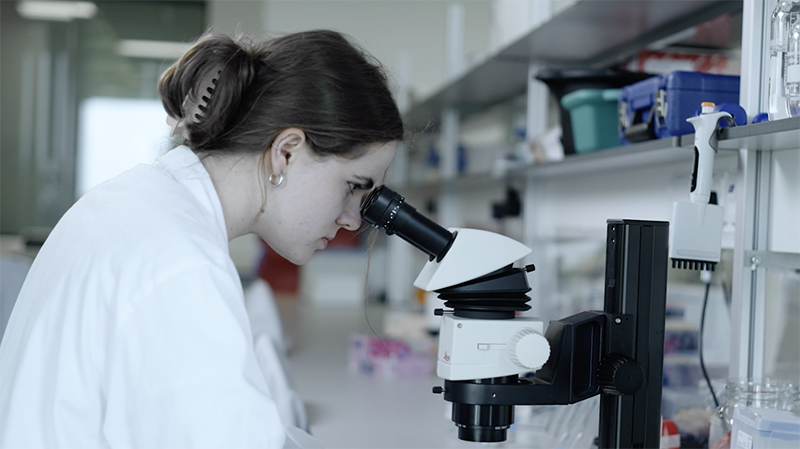BSc/MSci Integrated Natural Sciences

WMS Undergraduate Courses
BSc / MSci Integrated Natural Sciences
This innovative course is designed to strengthen you as a scientist, by training you across disciplines. Using a blend of classroom instruction, team-based problem-solving, laboratory experimental work and individual study, you will learn to think creatively and quantitatively, formulate problems, and solve them by drawing freely on the techniques and perspectives of biology, chemistry, physics, mathematics and computation.

Integrated Natural Sciences
Course Information
Discover more about this pioneering course, including what you’ll study, how it’s taught, and the opportunities it can open for you.
